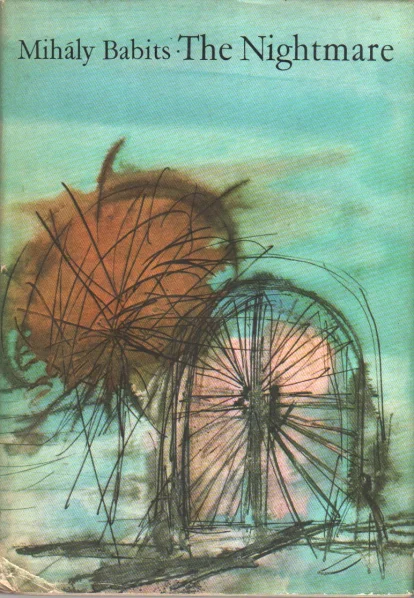
The Nightmare (1916) by Mihály Babits, translated by Eva Racz (Corvina Books, 1966).
“A Nightmare, the English title of what the original translates as The Stork-Caliph in reference to an 1826 German fairy tale in imitation of Arabian Nights-style fables, is a story of psychological fantasy (… it belongs rather to the Decadent tradition of spiritual alienation and aesthetic horror) which any reader of Poe would recognize both for its loose gestural suggestion of place and time and for its minute working out of the “rules” of the break with reality.” – Jonathan Bogart
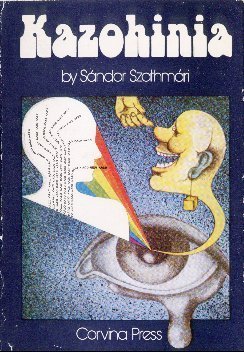
Voyage to Kazohinia (1941) by Sándor Szathmári, translated by Inez Kemenes (Corvina Press, 1975)
“Voyage to Kazohinia is a tour de force of twentieth-century literature–and it is here published in English for the first time outside of Hungary. Sándor Szathmári’s comical novel chronicles the travels of a modern Gulliver on the eve of World War II. A shipwrecked English ship’s surgeon finds himself on an unknown island whose inhabitants, the Hins, live a technologically advanced existence without emotions, desires, arts, money, or politics.”
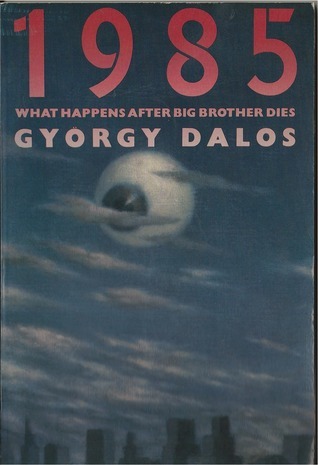
1985: A historical report (Hongkong 2036) from the Hungarian of *** (1983) by György Dalos, translated by Stuart Hood and Estella Schmid (Pantheon Books, 1984)
January 3, 1985. The announcement comes over the telescreen: Big Brother is dead. His empire, Oceania, has been defeated in a disastrous air battle and is no more. Only two great powers remain: Eurasia and Eastasia. Behind the scenes Big Sister (Big Brother’s widow) struggles with the Thought Police and the army for power, while elsewhere the winds of reform sweep through the remnants of Oceania. Everywhere, under the bitingly humorous hand of Gyorgy Dalos, George Orwell’s chilling world of “1984” seems to be experiencing a thaw, as Orwell’s tortured lovers Smith and Julia, O’Brien the Thought Policeman, Ampleforth the hack poet, and Syme the cynical philologist come alive again. However, when the thaw becomes a revolution as the proles get involved, the now-friendly neighboring empire Eurasia steps in to “restore order.”
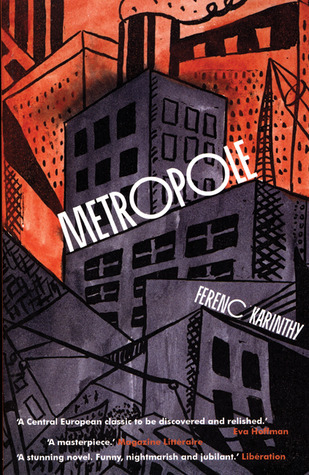
Metropole (1970) by Ferenc Karinthy, translated by George Szirtes (Telegram Books, 2008)
“A linguist flying to a conference in Helsinki has landed in a strange city where he can’t understand a word anyone says. As one claustrophobic day follows another, he wonders why no one has found him yet, whether his wife has given him up for dead, and how he’ll get by in this society that looks so familiar, yet is so strange. In a vision of hell unlike any previously imagined, Budai must learn to survive in a world where words and meaning are unconnected.”
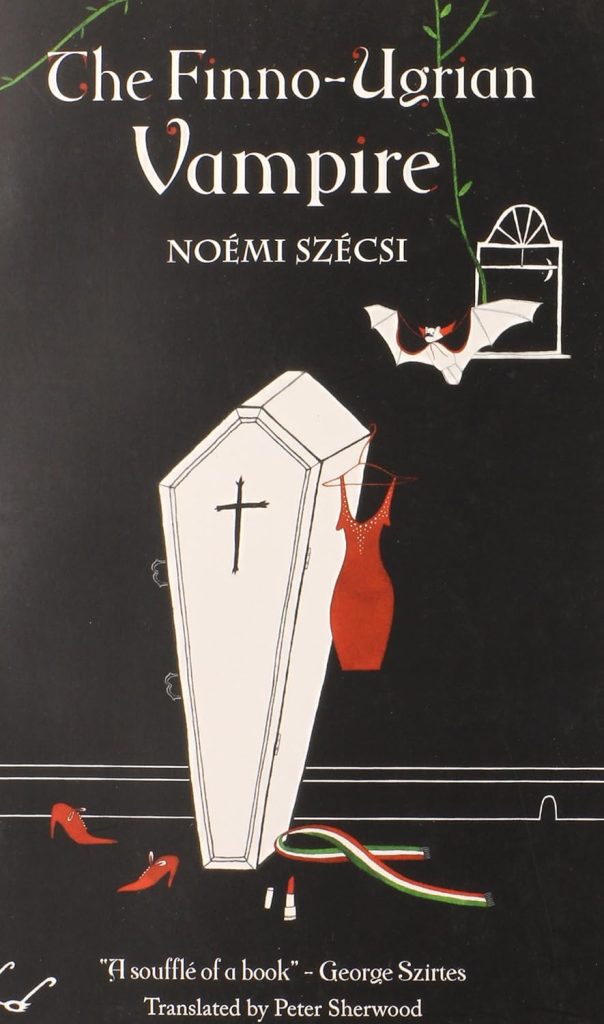
The Finno-Ugrian Vampire (2002) by Noémi Szécsi, translated by Peter Sherwood (Stork Press, 2012)
“An entertaining story of a Budapest vampire dynasty. Jerne Voltampere’s Grandmother doesn’t look her age, but she is 284 years old. She looks like a young woman. No wonder, as every night she sucks the blood of assorted men. She is a vampire and wants her grandchild to follow the family tradition. Her Granddaughter, Jerne has just returned to Budapest after a posh education at an English college, Winterwood. Reincarnations of the Bronte sisters taught her to write fairy tales. Jerne writes children’s books, but they are considered too bloody to be published. Her Grandmother is adamant: Jerne will have to give up her literary ambitions and become a vampire. In the meanwhile, she takes an undemanding job as an editor. But the married couple who run the publishing house behave more and more suspiciously.”
